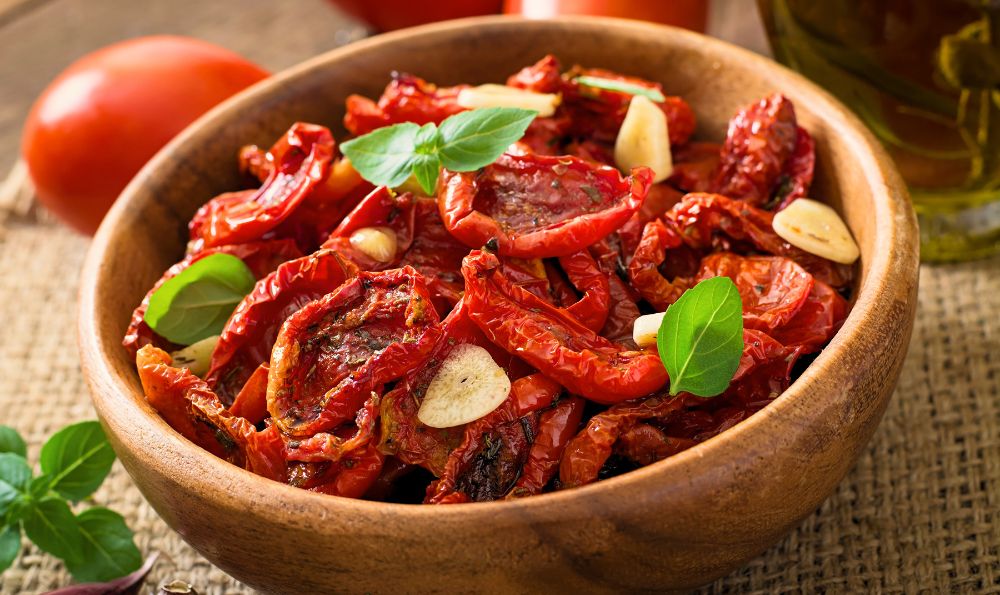Spicy food has always been a trend in Indonesia every year, since ancient times spices such as chilli, turmeric, ginger, and galangal have been an integral part of Indonesian cuisine. Influences from various cultures such as Chinese, Indian, Arab, and European also shape the variety of spicy dishes in Indonesia. Indonesia’s hot tropical climate also influences the tendency of people to enjoy spicy food. Contrary to common perception, consuming spicy food can have a cooling effect in the midst of hot weather, by increasing sweat production and helping to lower body temperature. Therefore, it is not surprising that people tend to consume spicy food excessively to relieve thirst and heat.
Indonesia has a variety of spicy dishes, ranging from daily meals to regional specialties. Sambal, which is a traditional Indonesian spicy sauce, comes in various variants in each region. Terasi sambal, matah sambal, bajak sambal, and dabu-dabu sambal are some examples of popular sambals in Indonesia. Besides sambal, there are also regional spicy dishes such as Seblak from Bandung, Ayam Geprek from Java, Bebek Madura, and Ayam Penyet from Surabaya.
Spicy food has also become a hot topic on social media. Spicy food videos or spicy food challenges often go viral, attracting many people to try and share their experiences with their favourite spicy foods. With so many factors supporting the phenomenon of spicy food in Indonesia, it is not surprising that spicy food continues to be one of the main attractions in the culinary scene of this country.
Islandsun Indonesia offers various spicy seasonings, such as balado seasoning and various sambals, as well as spicy flavours from various countries such as Korea and Thailand. If you are interested in creating spicy food products, you can discuss with our team by clicking here.
The trend of spicy food in Indonesia, The trend of spicy food in Indonesia.
